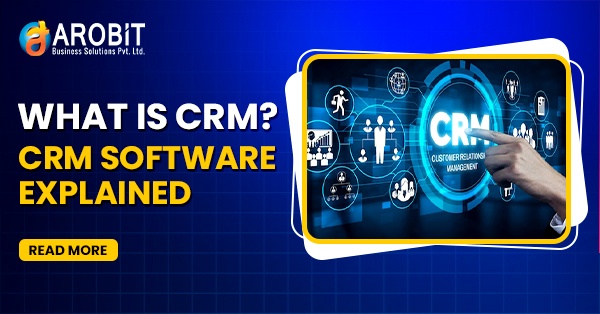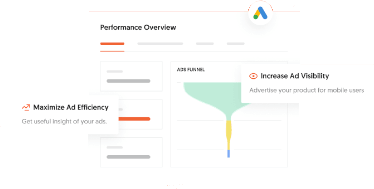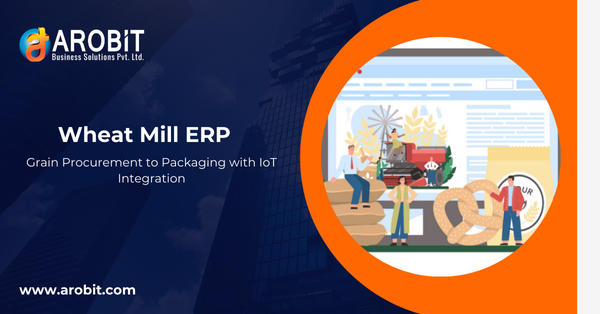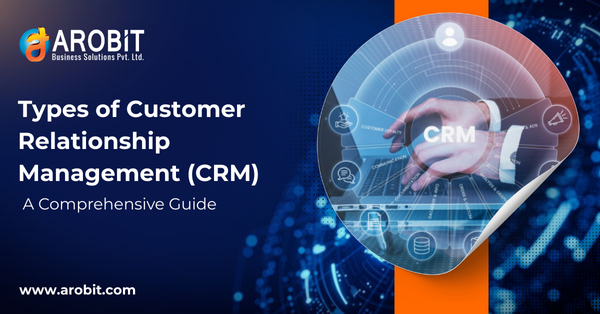When the marketplace is getting highly competitive, understanding your customers appears to be the most vital one. Here the CRM comes into play, and it acts as a potential tool for offering assistance to businesses of all sizes. Customer Relationship Management (CRM) has emerged as an indispensable element of contemporary business operations. Did you know that CRM software revenues are expected to cross $80 billion by 2025?
From strategic decision-making to enhancing customer experience, CRM software has the potential to influence a variety of business operations. As per the recent records, the revenue for the CRM software market in 2024 is predicted to reach US$89.03bn, and it is a clear indication of the thriving condition of this software in the upcoming years that is paving the path for seamless customer relationships in the future. In this blog, we shall take a detailed look at what exactly are CRM systems and why every business looking to thrive in the modern, competitive environment must go for it.
What is CRM Software?
CRM software is a tool that helps businesses manage, analyse, and improve business interactions and relationships with existing and potential customers. It serves as a centralised repository for customer information, enabling companies to track sales, marketing efforts, customer service interactions, and more. The primary goal of CRM is to improve relationships with customers, increase retention rates, and drive sales growth.
Top 6 Benefits of Using CRM Systems for Your Business
When it comes to thriving in a competitive setup, there can be no alternative to customer satisfaction. Following are some of the impeccable benefits offered by CRM solutions, no matter which industry you are operating in. Let’s dive into the below pointers to find out the benefits of a CRM system.
1. Enhanced Customer Satisfaction
A CRM system is a valuable tool for understanding the needs and behaviours of customers. It gathers various details about the customer, ranging from purchasing habits to product preferences to communication preferences, all of which can be used to tailor your interactions with each customer. Satisfied customers tend to return for repeat purchases. They develop a sense of loyalty towards brands that consistently meet or exceed their expectations. Studies show that 89% of customers are more likely to make repeat purchases after a sound customer service.
2. Spike in Sales
A CRM platform can be used to identify potential upsell or cross-sell opportunities by examining customer purchase history and behavior. The system can alert salespeople when a customer may be ready for an upgrade or might be interested in an additional product.
In the retail industry, for example, understanding customer behaviours, preferences, and buying patterns can enable retailers to create tailored marketing campaigns that foster customer loyalty and trigger sales growth. Research enunciates that businesses that are implementing CRM systems can see an increase in annual sales revenue ranging from 5% to 15% per sales representative.
3. Streamlined Internal Communication
Effective internal communication is essential for any organisation, particularly those capitalising CRM systems. On the other hand, CRM software is a centralised hub for all customer-related information, including interactions, preferences, and transaction history. Automating repetitive tasks such as ticket routing or follow-up reminders, CRM systems streamline internal processes. This automation reduces the administrative burden on employees, allowing them to focus on more strategic tasks. For instance, when a customer submits a support request, the CRM can automatically assign it to the appropriate team member based on predefined criteria.
4. Efficient Data Management
Companies gather massive amounts of data from customers through each interaction, spread across different channels such as websites, emails, social media, etc. CRM systems help in gathering, organising, and evaluating this customer data, enabling segmentation and targeted marketing.
If we look at the manufacturing industry, a CRM system can effortlessly track and manage customer data, inventory levels, order processing, and after-sales services. This can help upgrade product quality and sales escalations, and also improve customer satisfaction.
5. Robust Analytical Reporting
CRM systems offer advanced analytical tools and reporting features, giving real-time insights into sales, customer behaviour, and business performance. These data can be used to monitor key performance indicators and to make informed business decisions. The analytical report feature helps you assess your strategies, making necessary tweaks to attain business goals.
6. Cost-effectiveness
While CRM software might require an initial investment, its long-term benefits certainly make it a cost-effective choice for businesses. The improved sales and efficiency brought by CRM can significantly add to the bottom line of a business. Furthermore, CRM systems can curb costs through the automation of routine tasks, as they help prevent loss arising from human errors in data management. As per the statistical data, nearly half of the organisations witnessed a 10–11% decrease in customer acquisition costs after the implementation of CRM.
FAQs
Q1. What are the Primary Functionalities of a CRM System?
CRM systems primarily help in managing a company's interaction with potential and existing customers. This involves collecting and analysing customer data, enhancing customer service, automating marketing and sales processes, and integrating with other systems for better functionality.
Q2. How Does CRM Help with Lead Management?
CRM system manages leads throughout their lifecycle and automates follow-up tasks. It also helps in scoring leads based on their activities, enabling businesses to focus their efforts on high-quality prospects.
Q3. Is CRM Only Beneficial for Large Businesses, or Can Small Businesses Also Reap Its Benefits?
CRM systems are beneficial for all types of businesses, regardless of their size. While larger businesses use CRM to manage their vast customer data and interdepartmental communication, small businesses can use it to develop a deeper understanding of their customer base, streamline operations, and nurture relationships with potential and existing customers.
Final Thoughts
When developed by an experienced CRM development company, a CRM solution takes part in contributing to the scope of growing and scaling your business. It promises numerous benefits regardless of the industry or the operational scope of a business. Remember, it is not merely a tool but a vital strategic approach that could be the difference between an ordinary and extraordinary organization. Whether you're looking for the best CRM software in India or seeking CRM in cloud computing, we can help you implement the right solution tailored to your needs.
At Arobit Business Solutions Pvt Ltd, our proficient CRM developers are here to assist in achieving your customer relationship goals with a custom-built CRM solution.
Contact us for more information.








